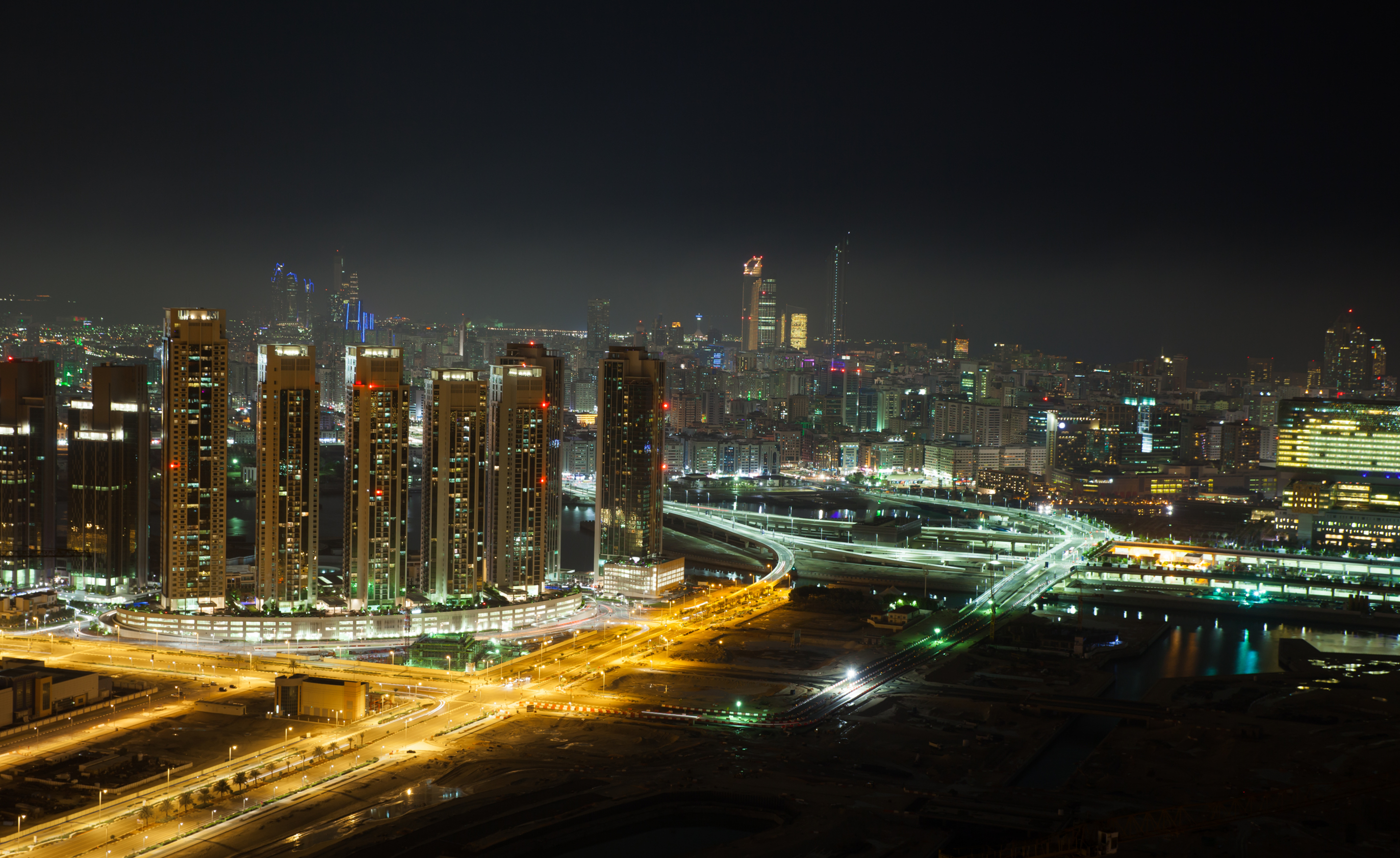In its efforts to enhance road safety and improve traffic flow, the Department of Transport (DoT) in Abu Dhabi has introduced an intelligent traffic control system at all signalised intersections of Mohammed bin Zayed City, Abu Dhabi. The project, which completed its deployment phases recently, involved installing intelligent and integrated traffic/pedestrian signals as well as a traffic video surveillance system in the 40 intersections of Mohammed bin Zayed City.
RSSIn its efforts to enhance road safety and improve traffic flow, the Department of Transport (DoT) in Abu Dhabi has introduced an intelligent traffic control system at all signalised intersections of Mohammed bin Zayed City, Abu Dhabi.
The project, which completed its deployment phases recently, involved installing intelligent and integrated traffic/pedestrian signals as well as a traffic video surveillance system in the 40 intersections of Mohammed bin Zayed City.
The first of its kind to be deployed in the Emirate, the US$20.4 million traffic control system is intended to help enhance traffic in Mohammed bin Zayed City by reducing recurring congestions and boosting safety levels for all road users, especially at intersections. The system also ensures faster response to non-recurring congestion in addition to its environmental advantages such as lowering the vehicle level of fuel consumption, noise and carbon dioxide emissions.
"This innovative system enables traffic signals to provide real time response to traffic via an advanced central control system that is installed in all Mohammed bin Zayed City intersections. The system is also linked to advanced CCTV networks and ground sensors that have been deployed in the city. It uses an internal simulation system to analyse real-time traffic based on previous data and projected traffic volumes at these signals," said Eng. Hamad Adel Al Afeefi, acting director of Traffic Management & Technology at the Department of Transport.
He added that this system features a special ability to run and implement signal control programs in response to traffic data and the information that has been collected from road network surveillance. It also adapts to this data to improve traffic signals network timing and performance whilst reducing the time spent on each trip, and minimising waiting periods at each intersection.
The project, which completed its deployment phases recently, involved installing intelligent and integrated traffic/pedestrian signals as well as a traffic video surveillance system in the 40 intersections of Mohammed bin Zayed City.
The first of its kind to be deployed in the Emirate, the US$20.4 million traffic control system is intended to help enhance traffic in Mohammed bin Zayed City by reducing recurring congestions and boosting safety levels for all road users, especially at intersections. The system also ensures faster response to non-recurring congestion in addition to its environmental advantages such as lowering the vehicle level of fuel consumption, noise and carbon dioxide emissions.
"This innovative system enables traffic signals to provide real time response to traffic via an advanced central control system that is installed in all Mohammed bin Zayed City intersections. The system is also linked to advanced CCTV networks and ground sensors that have been deployed in the city. It uses an internal simulation system to analyse real-time traffic based on previous data and projected traffic volumes at these signals," said Eng. Hamad Adel Al Afeefi, acting director of Traffic Management & Technology at the Department of Transport.
He added that this system features a special ability to run and implement signal control programs in response to traffic data and the information that has been collected from road network surveillance. It also adapts to this data to improve traffic signals network timing and performance whilst reducing the time spent on each trip, and minimising waiting periods at each intersection.








